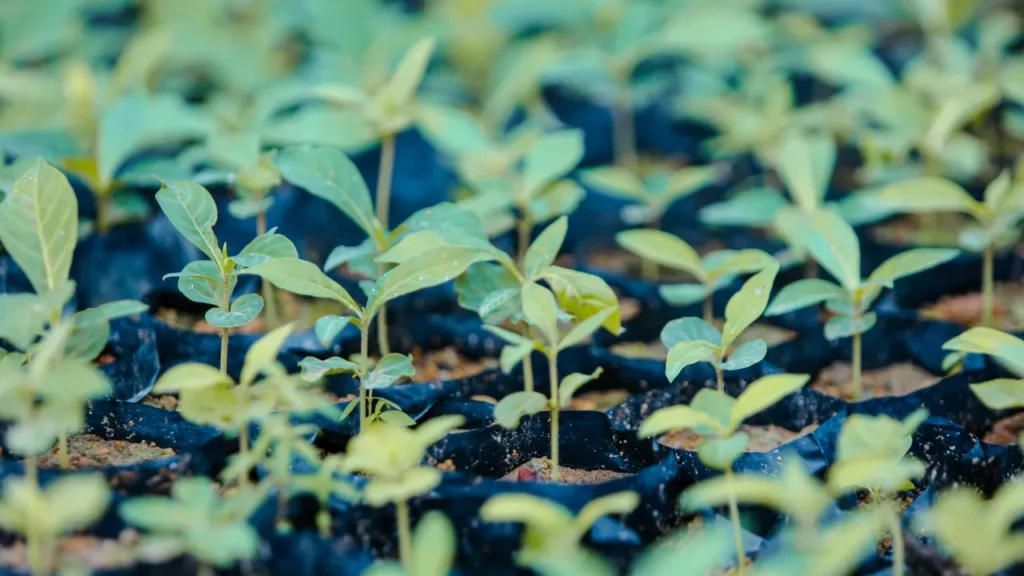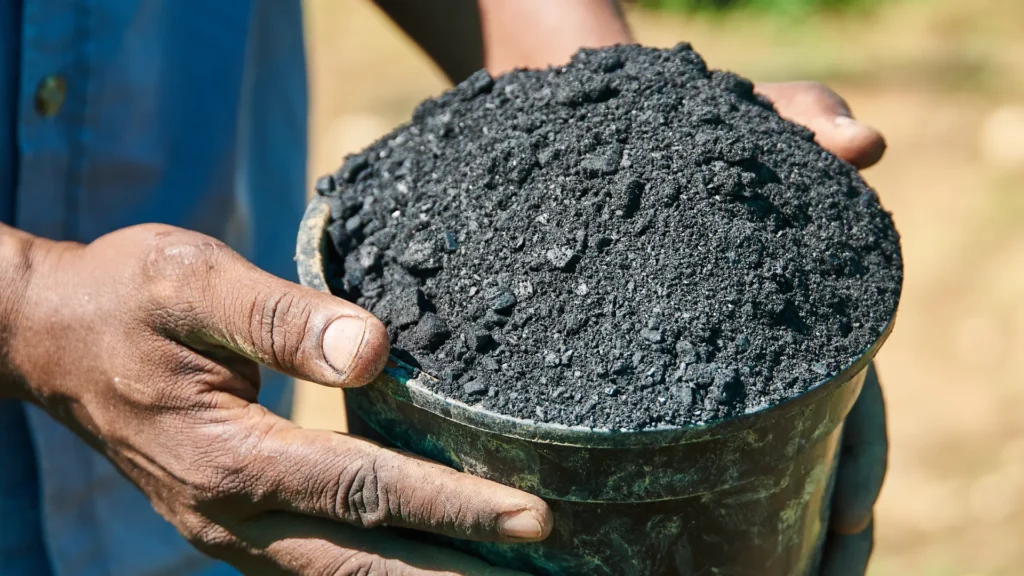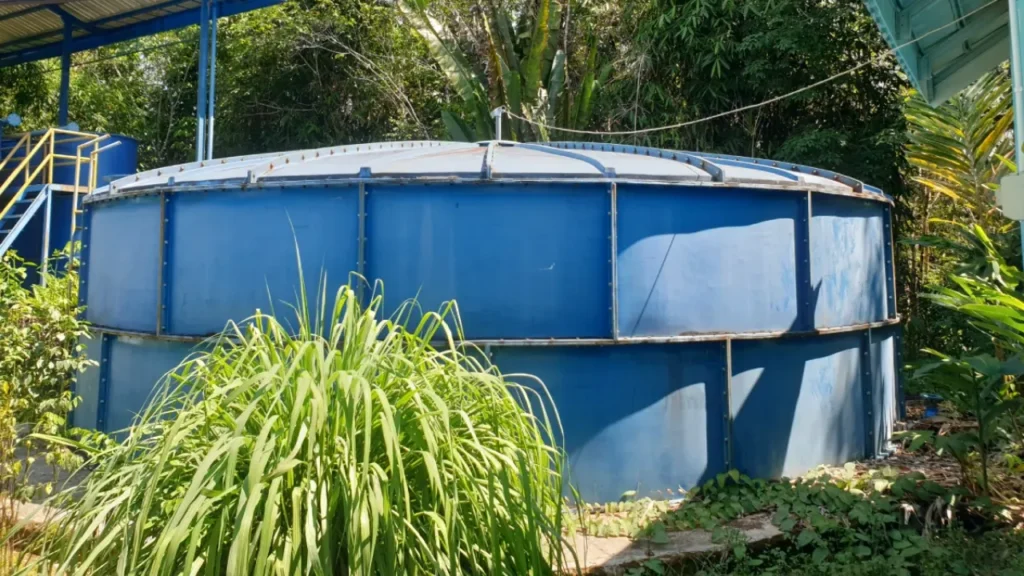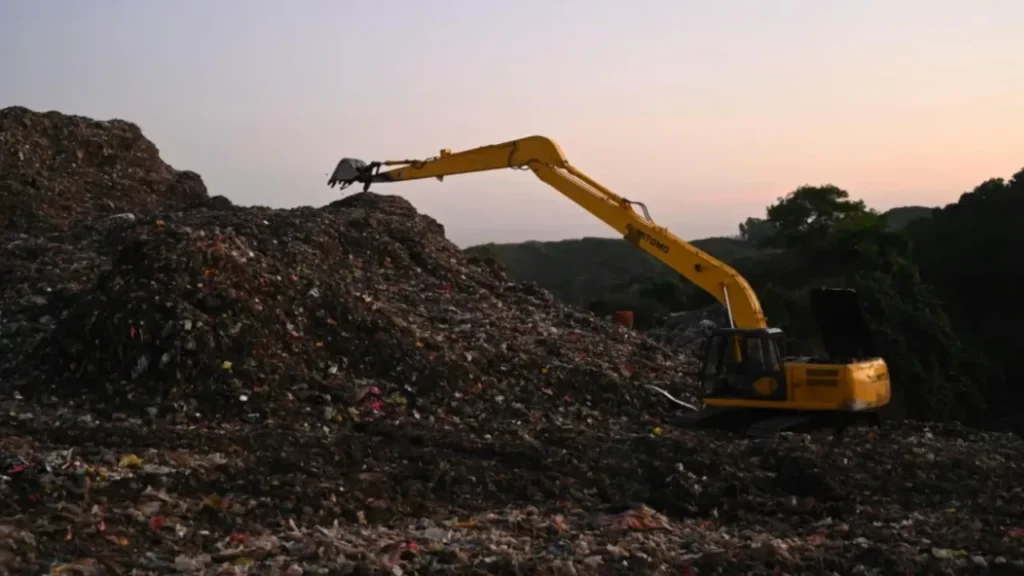CCP-Approved Methodologies
The CCP-Approved Methodologies Driving High Integrity in Carbon Markets
The Integrity Council sets the independent global threshold for what a high-integrity carbon credit looks like through the Core Carbon Principles (CCPs).
Assessments follow a two-step process: both carbon crediting programs and the methodologies used to design and implement carbon crediting projects are evaluated against the CCP Assessment criteria.
Learn more about the different CCP-Approved Methodologies and why they help climate action below.
Start exploring…


Afforestation, Reforestation, and Revegetation (ARR)
Restoring degraded land and capturing carbon by increasing tree cover, enhancing biodiversity, and delivering long-term climate benefits.

Biochar
Turning biomass into biochar to lock carbon in soils, boosting fertility, and cutting greenhouse gas emissions for lasting climate and agricultural benefits.

Biodigesters
Converting organic waste into renewable biogas and nutrient-rich fertiliser, reducing methane emissions, and supporting clean energy for homes and people.

Efficient Cookstoves
Replacing traditional stoves with efficient models, cutting deforestation, lowering emissions, and improving health through cleaner indoor air.

Improved Forest Management
Improving forest practices to increase carbon storage, protect biodiversity, and reduce emissions from unsustainable logging.

Landfill Gas Capture (LFG)
Capturing methane from landfill sites and turning it into renewable energy, reducing potent greenhouse gas emissions.

Leak Detection and Repair
Finding and fixing leaks in gas systems to prevent methane emissions and improve pipeline efficiency.

Nitrous oxide Abatement in Adipic Acid Production
Cutting nitrous oxide emissions from adipic acid production using advanced abatement technologies for significant climate impact.

Ozone Depleting Substances (ODS)
Destroying ozone-depleting substances from discarded appliances to prevent harmful emissions and protect the atmosphere.

REDD+
Protecting forests in developing countries to reduce deforestation emissions, conserve biodiversity, and support local communities.
How we assess carbon credit methodologies
Learn about the assessment of carbon credit methodologies.








